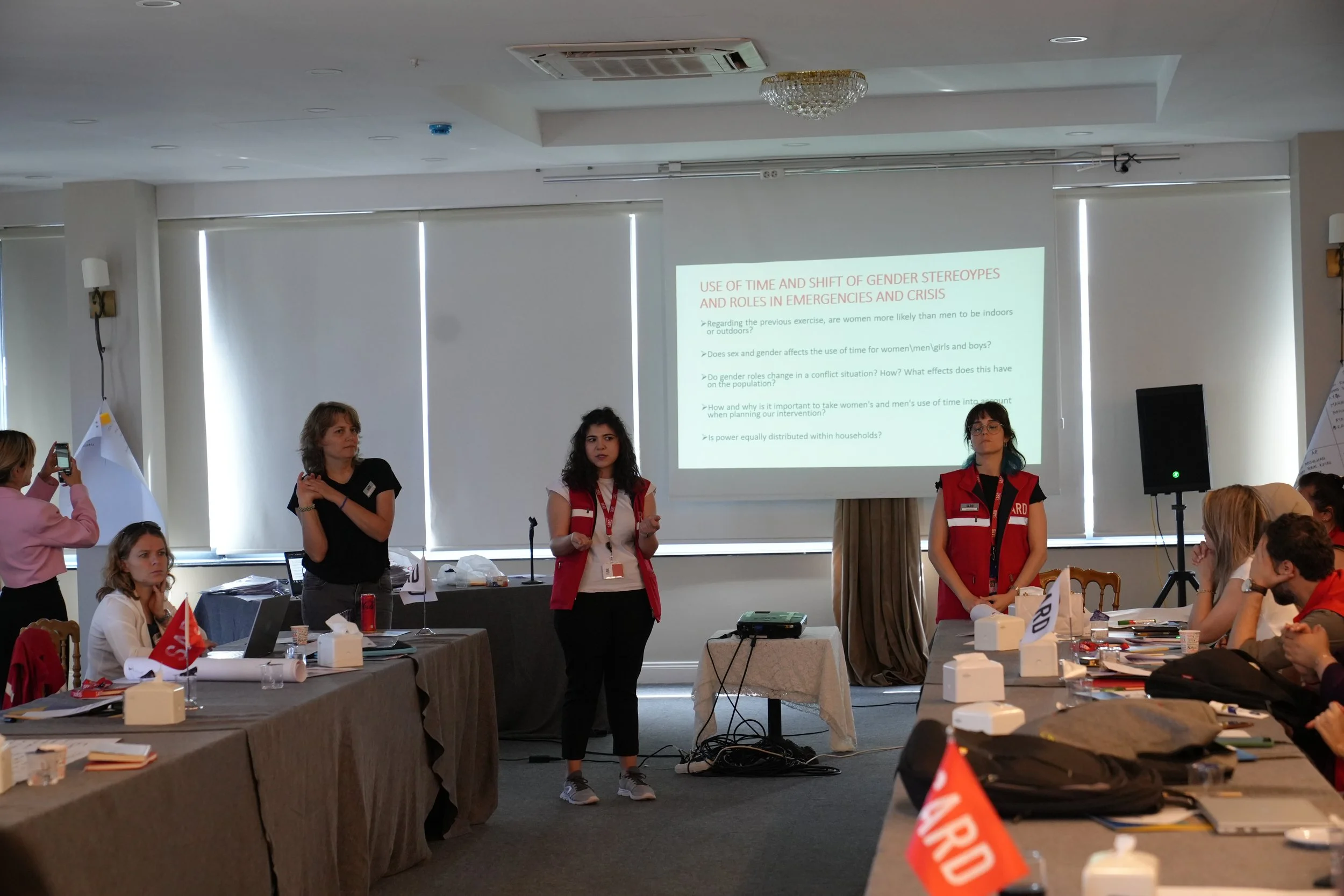CRS: Leading the Way in Localization
At SARD, we know firsthand the challenges local non-governmental organizations face in investing in building sustainable impact. Local NGOs have deep contextual understanding, access, and a long-term commitment to the well-being of the communities we work in, which means we can deliver culturally relevant aid that is faster, more accessible, and ultimately more sustainable. However, our management, human resources, staff, and infrastructure often suffer because we do not have enough funds to cover essential administrative costs. That’s why Catholic Relief Service’s recent decision to raise the overhead administrative rate of up to 10% for local organizations is a game-changer—and a leading example of what localization looks like in action.
Localization has long been a buzzword in the humanitarian sector, but turning words into deeds often requires bold leadership. CRS has stepped up, demonstrating a genuine commitment to strengthening local capacities. By ensuring fair and equitable resource allocation, they are empowering local organizations like ours to operate more sustainably and effectively.
SARD team visiting earthquake survivors Gafure and her family who received weatherization assistance through a CRS funded project. Adiyaman, Turkey 2024.
“We commend CRS for leading our sector in this critical shift and for trusting local organizations to drive meaningful change. Their decision acknowledges that investing in local NGOs isn’t just an act of generosity—it’s a smart, impactful strategy for long-term impact in the sector. Sustainable solutions come from the ground up, powered by the people who know their communities best.”
SARD staff participating in a gender mainstreaming intensive, funded in part thanks to CRS. Mersin, Turkey 2024.
At SARD, we see this as a call to action for other actors in the sector. Localization is not simply about shifting rhetoric; it’s about making tangible changes that enable local organizations to address needs in their communities. We believe that CRS’s leadership in this area sets a high standard and offers a roadmap for others to follow.
A post-distribution monitoring by CRS of SARD project supporting earthquake survivors. Adiyaman, Turkey 2024.



